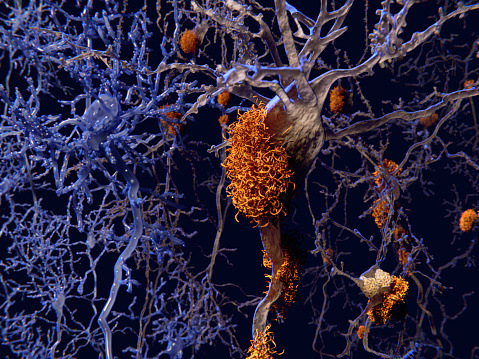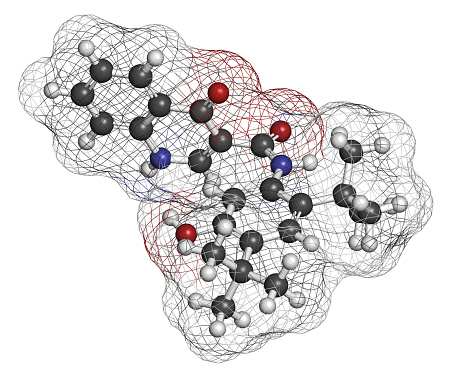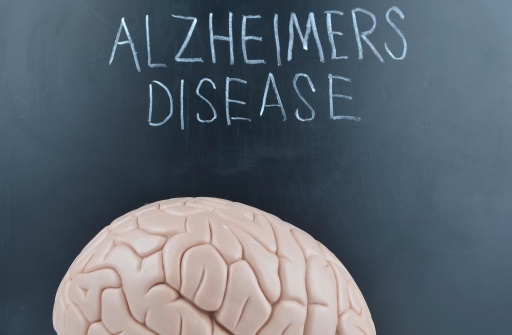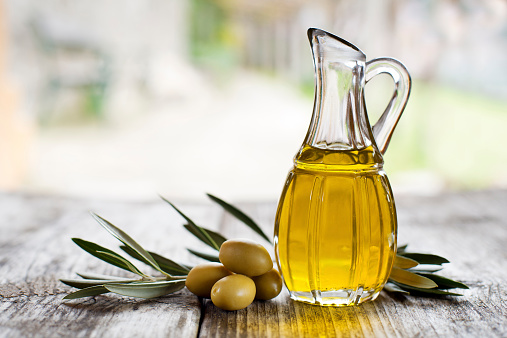Inflammation increases pain sensitivity in osteoarthritis (OA)
Inflammation has been found to contribute to pain sensitivity in the knees of osteoarthritis (OA) patients. Targeting inflammation early on may be a preventative technique that helps reduce pain in the knee due to osteoarthritis. Researchers from Boston University found that reducing the inflammation did not reduce pain significantly, which led researcher Tuhina Neogi, M.D., ...click here to read more














